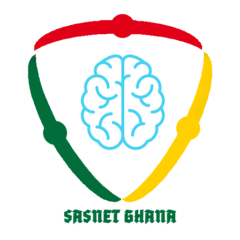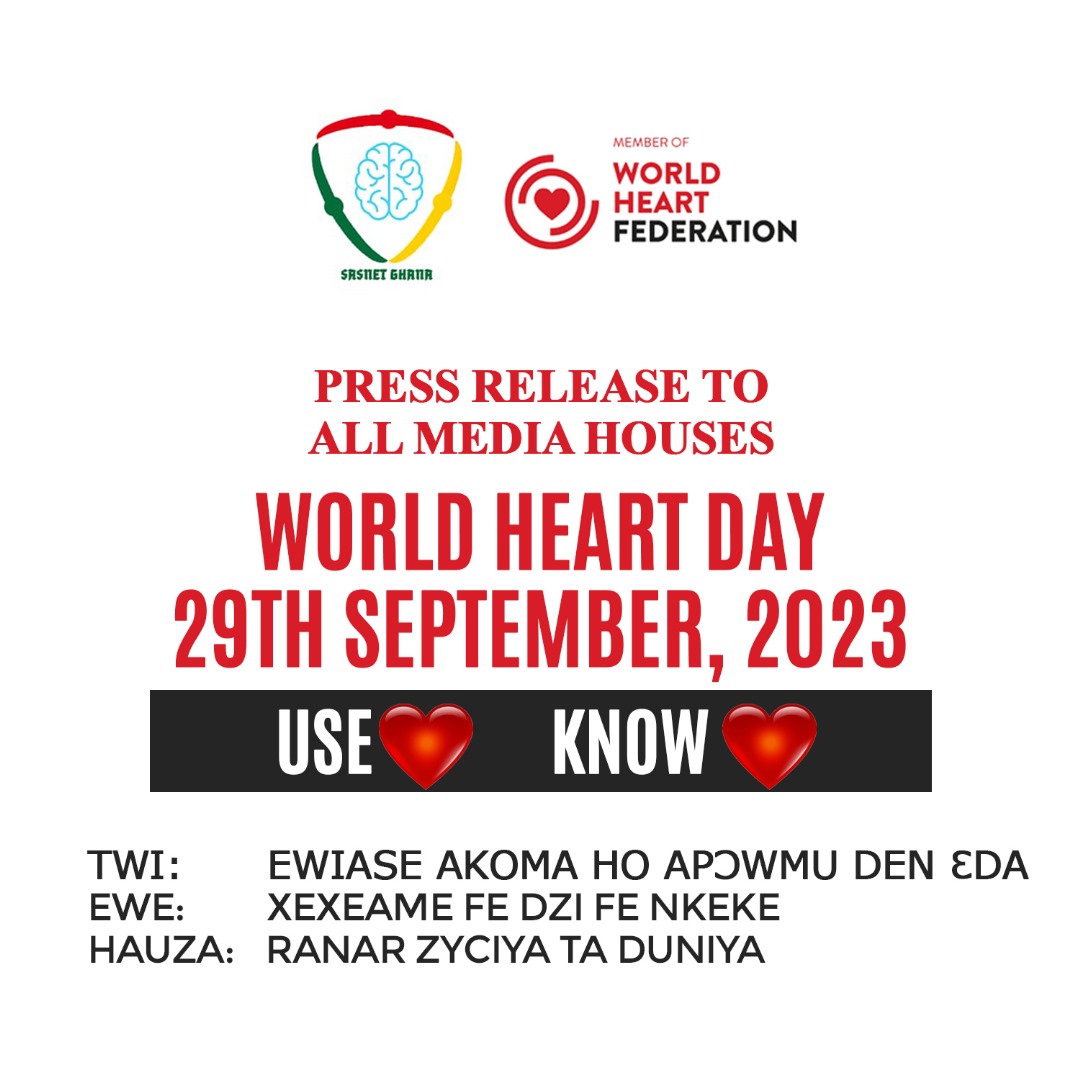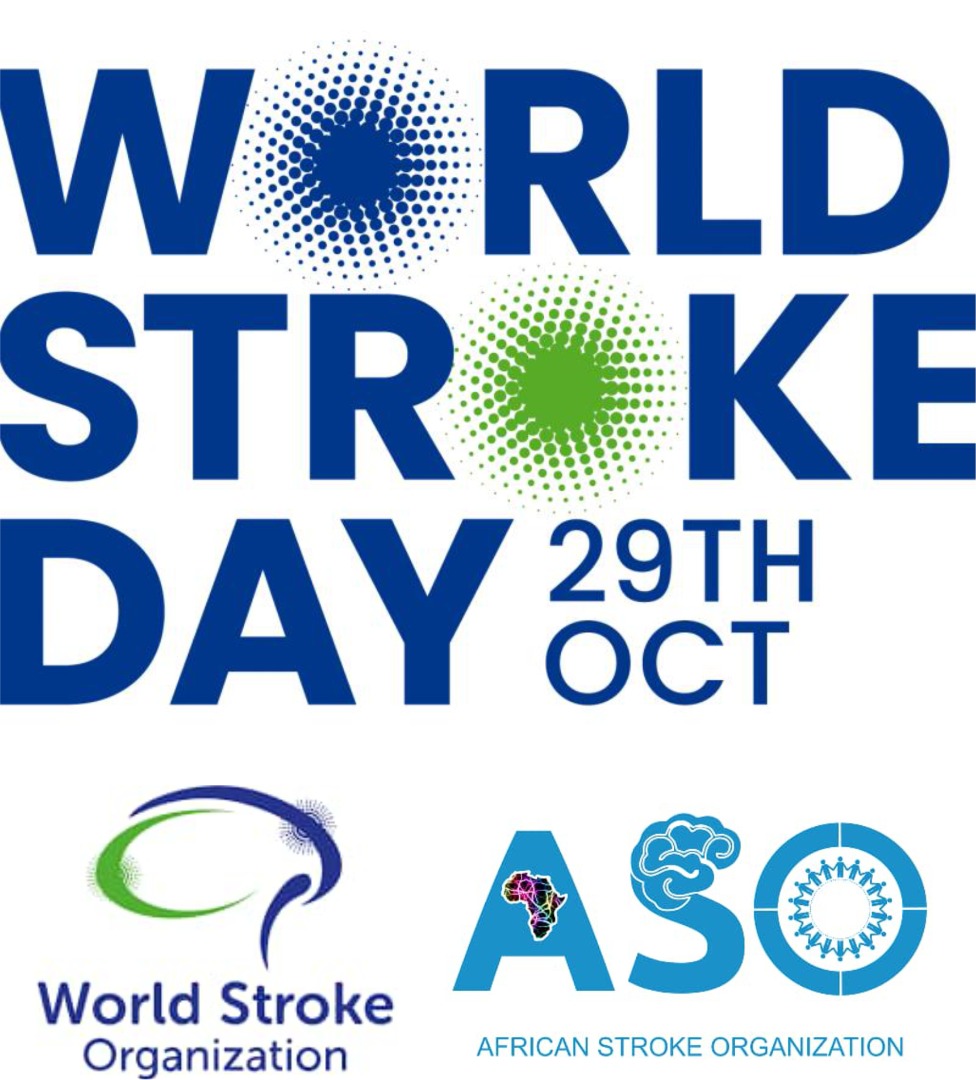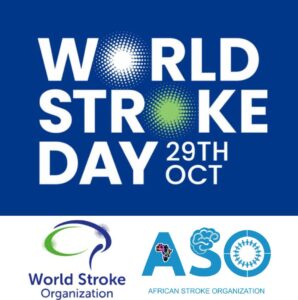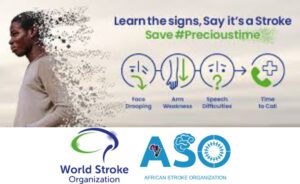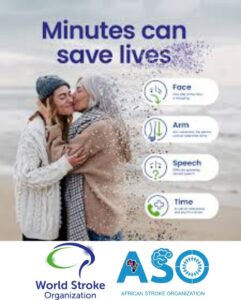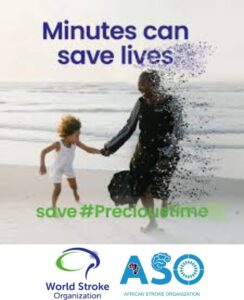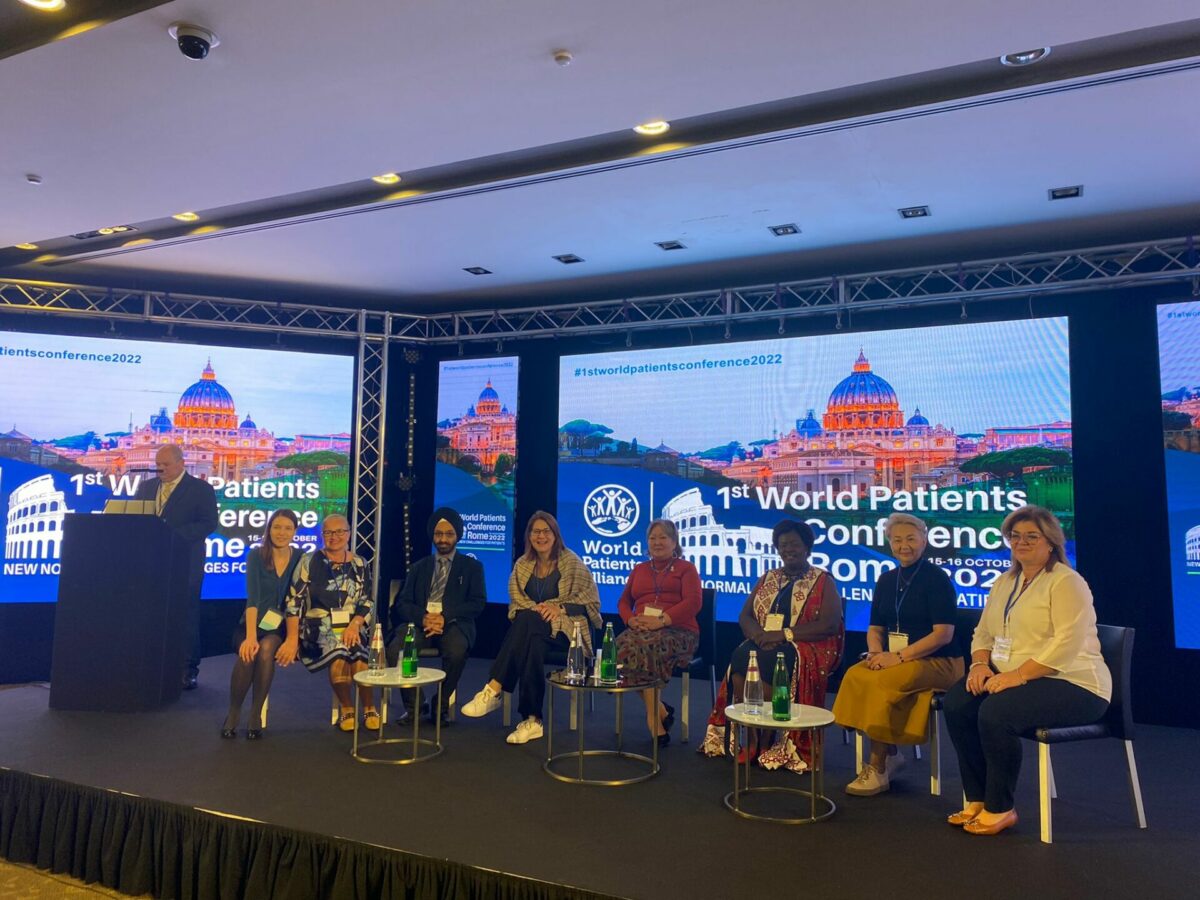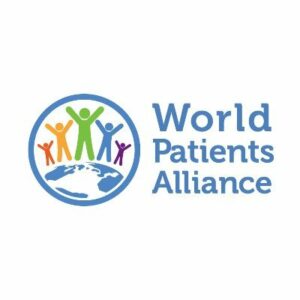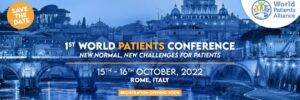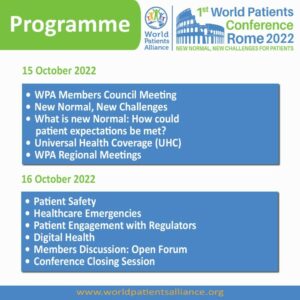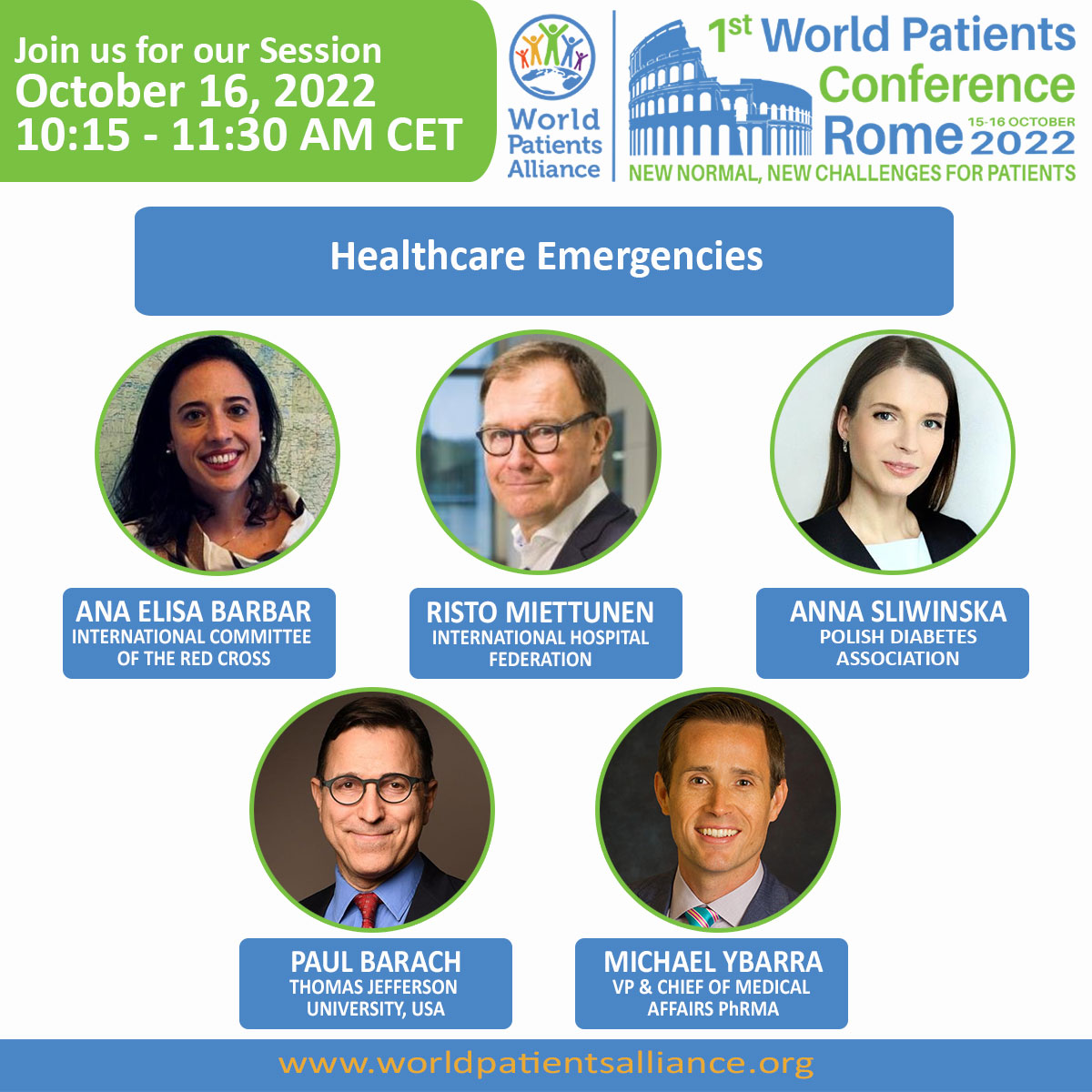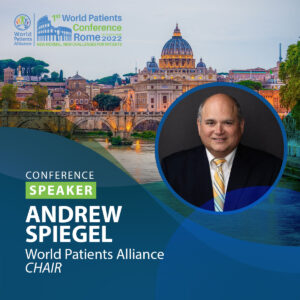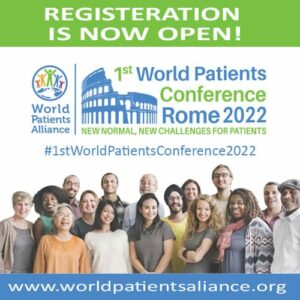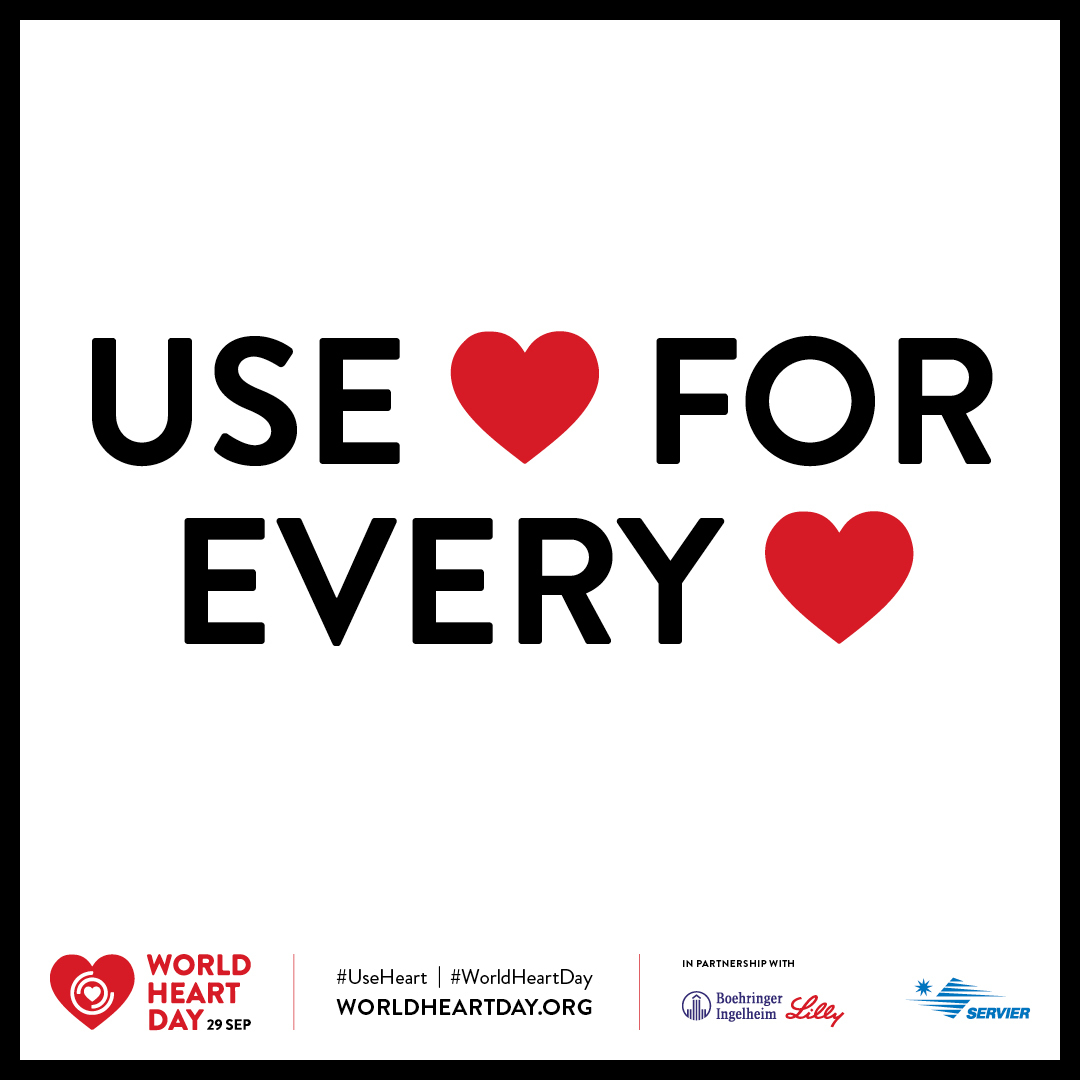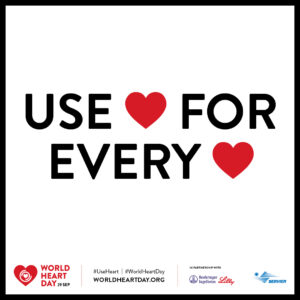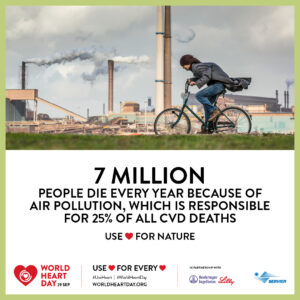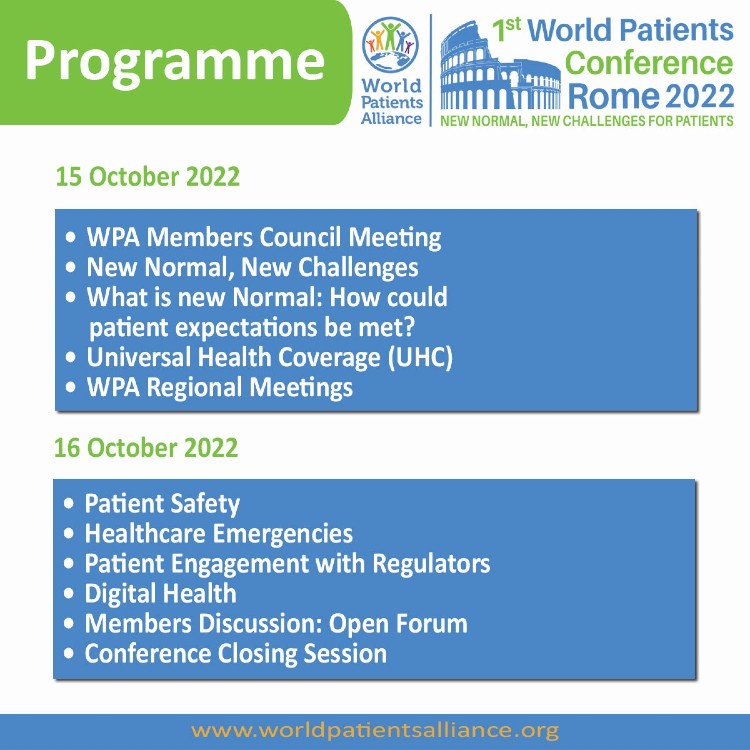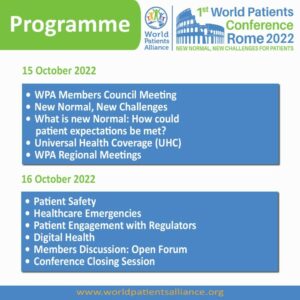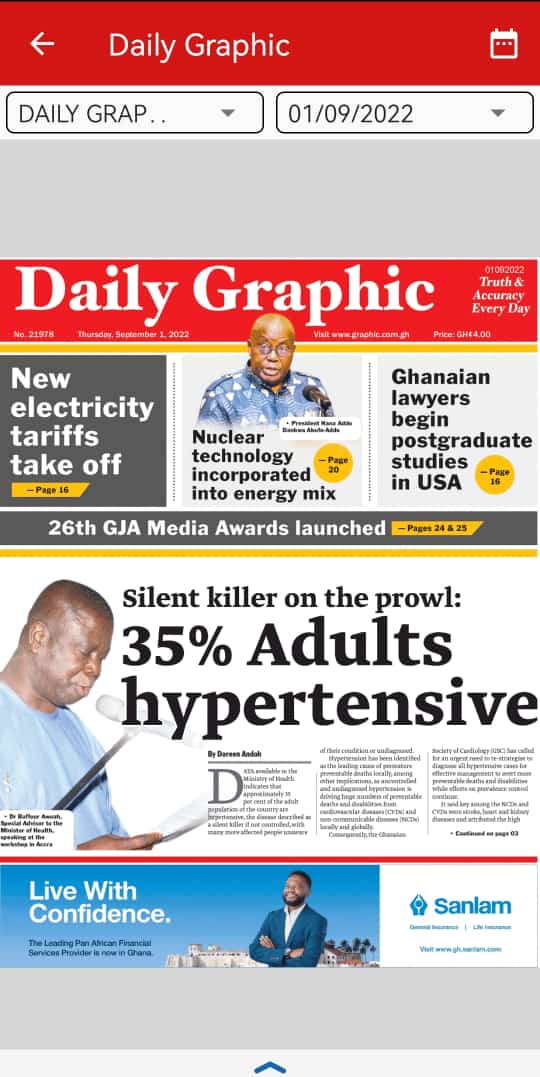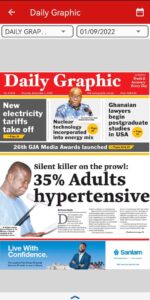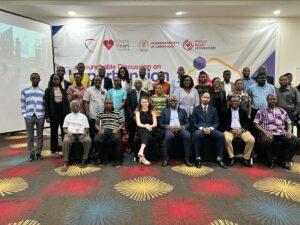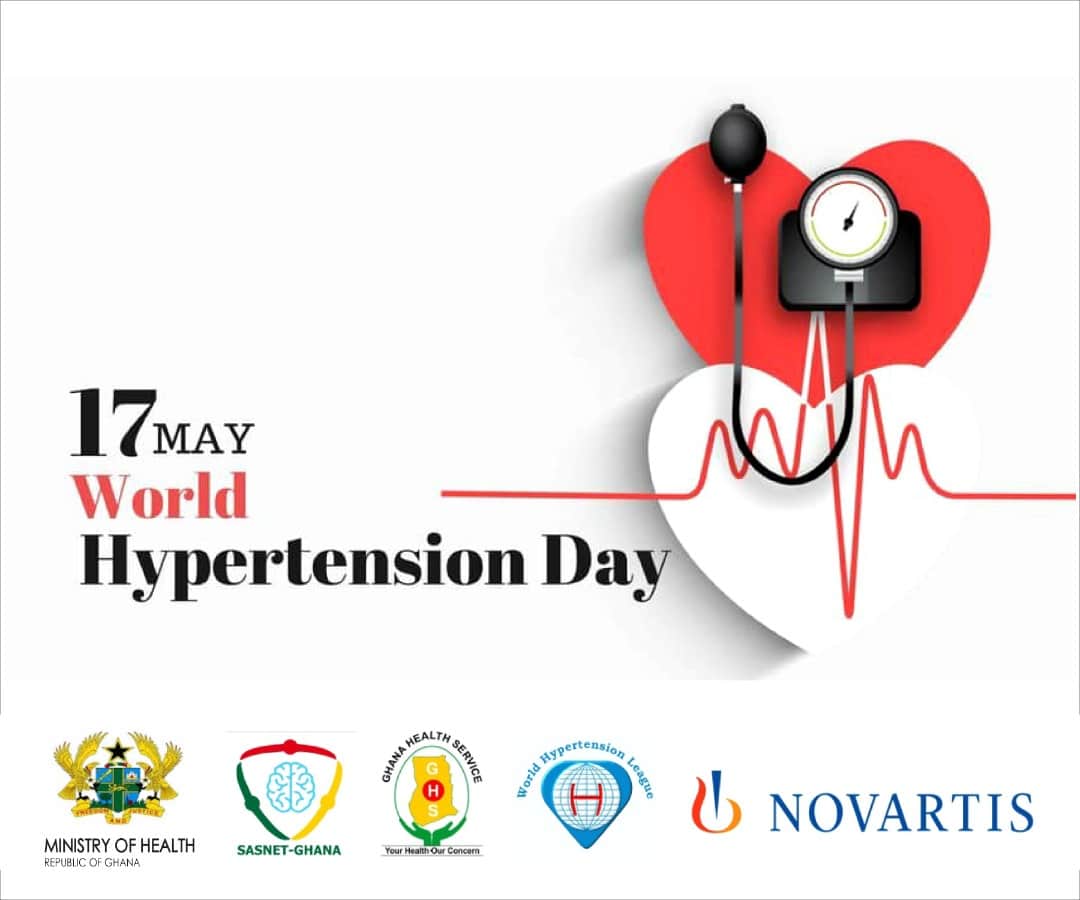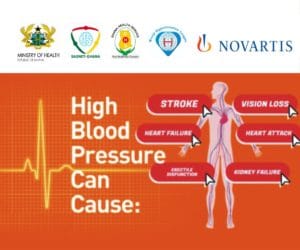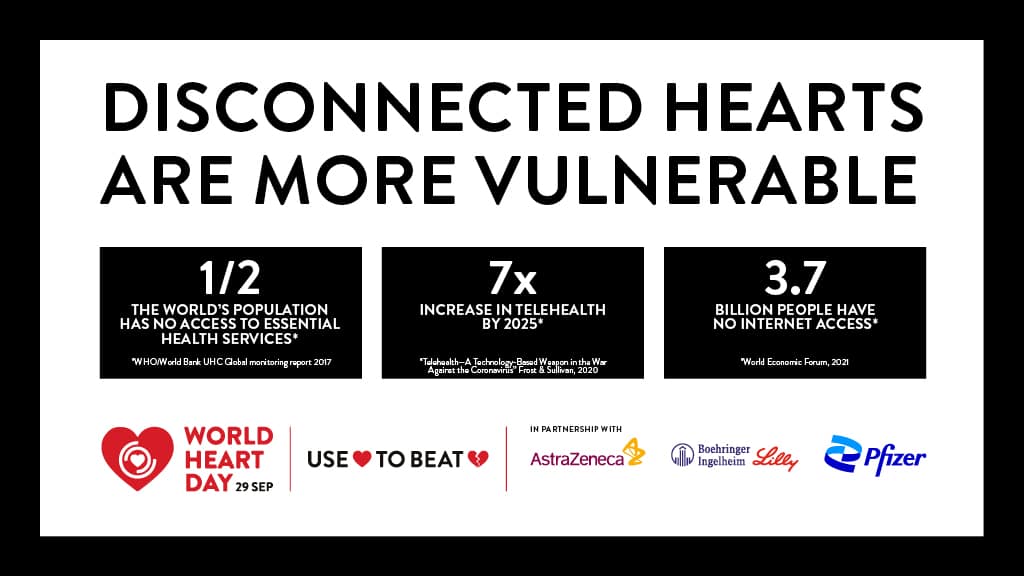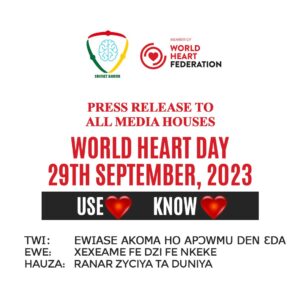
PRESS RELEASE
All Media Houses
Status of National CVD Epidemic
#UseHeart movement rallies for change as heart disease continues to claim most lives
GENEVA and ACCRA, 29 September 2023 – This World Heart Day, the World Heart Federation (WHF) and the Stroke Association Supportnetwork-Ghana (SASNET-GHANA) are urging all
sectors and citizens to join forces and take down cardiovascular disease (CVD) from its “number one killer” position. Conditions of the heart or blood vessels including stroke and heart failure killed more than 20 million people in 2021 yet up to 80 per cent of premature heart attacks and strokes can be prevented. Many affected by high-trending CVD rates include those under 55 years of age, and people in low- and middle-income countries and in some high-income countries. The global #UseHeart movement springs from the annual World Heart Day campaign to drive year-long awareness and action to reverse the debilitating impacts of CVD.Professor Daniel J. Piñeiro, President of WHF said: “The figures are so staggering that in 2013, ischaemic heart disease featured in the Guinness Book of World Records. We want to set a new record, one that improves the health and access to care for every citizen and mobilizes everyone to improve cardiovascular health.”
In Ghana , The results of the CVD Scorecard Project (MOH,GHS ,SASNET,2023) have revealed unsettling trends in the economic burden of CVDs. For instance, the Estimated direct (e.g. health care-related) cost of tobacco use in Ghana’s population stood at 123 million USD every year, i.e. an average per capita of over Fifty – Two Thousand (52,000) persons (i.e. USD 2,363.3). The Proportion of premature CVD mortality attributable to tobacco (%) is estimated at 66.39%. Given the seemingly “low” prevalence of tobacco use, a proposed hypothesis for this could be explained by secondary smoking and the use of other forms of tobacco.Recorded alcohol consumption per capita (15+ years) in liters of pure alcohol in a three-year period in Ghana averagely stood at 2.7 liters, meaning the entire Ghanaian population consumes 27,713,347.2 liters every year.
Premature mortality due to CVD in the age range of 30-70 years of age is estimated at 13%, with the total mortality amongst males and females stands at 14.41% and 24.70% respectively with a total mortality estimated at 19.06%. This seems at variance with the life expectancy at birth for males and females (64.1 years and 69.1 years respectively).
CVD prevalence can be traced to gaps in care systems, variable access to prevention, diagnosis, and treatment. Though relatively easy to monitor and treat, high blood pressure remains the leading risk factor for developing CVD. National health systems must expand coverage of essential services for CVD and other circulatory conditions, priorities primary care and early screening, allocate public funding and ensure an adequate workforce.
Lifestyle and affording beneficial daily choices are also key factors in maintaining healthy hearts. Proper nutrition, recreation and regular exercise, sleep, and rest are vital; the same goes for staying off tobacco and avoiding harmful use of alcohol.
The #UseHeart movement’s inaugural partnership with Iqniter, a leader in health training devices to encourage physical activity through its Counting Hearts Initiative, is one example of global collaboration. Iqniter will donate part of the proceeds from sales of its precision heart rate armbands in support of WHF’s vision of cardiovascular health for all.
The World Heart Federation and the Stroke Association Supportnetwork-Ghana are urging all Ghanaian citizens as a matter of importance , to take charge of their health by using heart to Know their Heart Health,ie by routinely having their Blood Pressure measurement ,Blood Sugar test (FBS/RBS/HbAIC) , Hb and Lipid profile checked. Additional as Ghanaians we must all make healthy choices with regards to our diet / food, drinks which are being consumed on a daily basis.
The Stroke Association Supportnetwork- Ghana and partners are calling on the government to as a matter of urgency initiate the processes to operationalize the CVD Score Card System which would greatly enhance service delivery by capturing, collating/aggregating, analyzing data and information on systemic issues which will be quickly available to professionals at local levels as well as managers and decision makers at higher operational levels as well as to researchers. And provide directive for the implementations of the recommendations from the CVD, Diabetes and Obesity roundtable discussion held in 30th-31st March ,2023 at Aburi , Aruba Hotel in the Eastern region of Ghana.
As part of plans for commemorating this year’s World Heart Day, 2023 , the Stroke Association in partnership with Safety Communication Consult in collaboration with the cardio unit of the Ho Teaching Hospital and with support from partners such as Tobinco Group of Companies through the leadership of the executive chairman Dr Samuel Amo Tobbin have commenced a year-round screening exercise at Ho, volta region of Ghana which would be replicated across the country.
An initiative dubbed , Echos for Cardio Unit fundraising exercise has been launched with aim to seek financial support and contributions from companies, cooperate institutions, philanthropists, individuals, local and international partners to purchase echos and other supportive equipment for cardio units across the country beginning with Cardio Unit of the Ho Teaching Hospital . The Echos for Cardio unit fundraising would be carried out through table tennis competition,
Media Contact: Ad Adams Ebenezer , SASNET-GHANA,
ad.adams@sasnetghana.org, phone : 0594989495/0262463986

